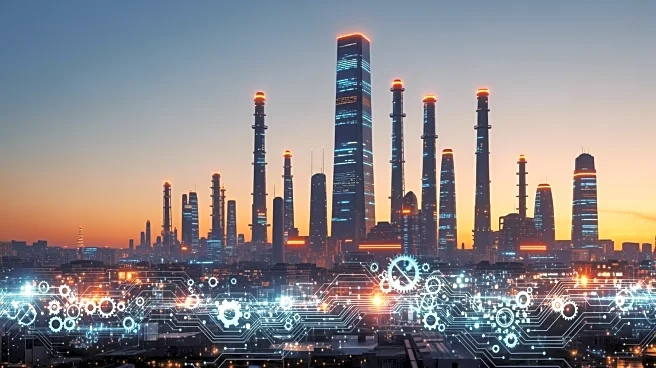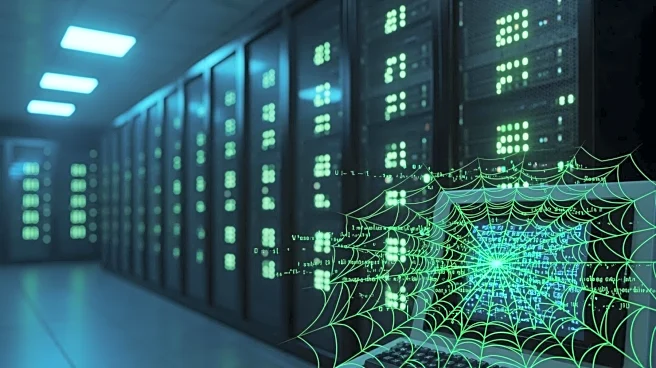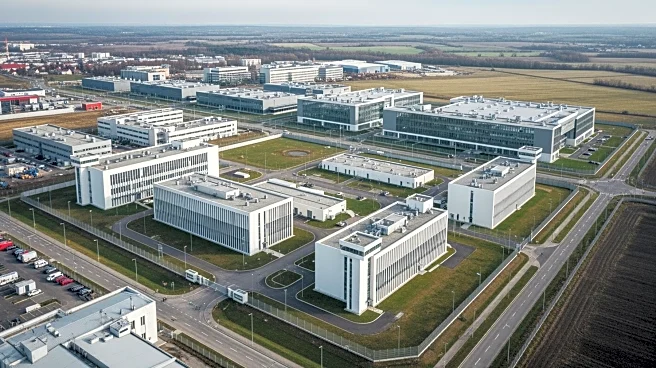What's Happening?
The Selangor Techsphere Summit 2025, held at the Kuala Lumpur Convention Centre, marks a significant step in Malaysia's industrial evolution. Hosted by the Selangor State Government and co-organized with
Deutsche Messe, the summit showcases Malaysia's commitment to advanced manufacturing and technology-driven economic growth. Over 2,000 delegates from 20 countries attended, including leaders from ASEAN, China, Japan, Korea, Europe, and the Middle East. The event featured global exhibitors like Siemens and Mercedes-Benz, focusing on automation, robotics, AI, smart factories, and sustainable industry frameworks. Keynote speakers discussed strategies for technology adoption, sustainability, and workforce development.
Why It's Important?
The summit underscores Malaysia's strategic positioning as a hub for industrial innovation in the ASEAN region. By embracing advanced technologies and sustainable practices, Malaysia aims to enhance its manufacturing competitiveness and attract international investment. The event aligns with Malaysia's New Industrial Master Plan 2030, promoting public-private collaboration to drive economic growth. As Malaysia assumes the ASEAN Chairmanship in 2025, the summit highlights its leadership in regional industrial development, potentially influencing policy and investment decisions across Southeast Asia.
What's Next?
Following the summit, Malaysia is expected to continue its focus on industrial transformation, leveraging partnerships and innovations showcased at the event. The Selangor Technology Innovation Challenge will further highlight local talent in engineering and AI research. As Malaysia advances its industrial capabilities, stakeholders such as government agencies, businesses, and educational institutions will play crucial roles in implementing strategies discussed at the summit. The ongoing development of smart manufacturing and sustainable practices will be key to Malaysia's economic growth and regional influence.
Beyond the Headlines
The summit's emphasis on sustainable manufacturing and workforce transformation reflects broader global trends towards eco-friendly industrial practices and the upskilling of labor forces. Malaysia's approach to integrating these elements into its industrial strategy could serve as a model for other developing economies. Additionally, the cultural and educational impacts of these initiatives may foster a new generation of skilled workers, equipped to navigate the complexities of modern industrial environments.









